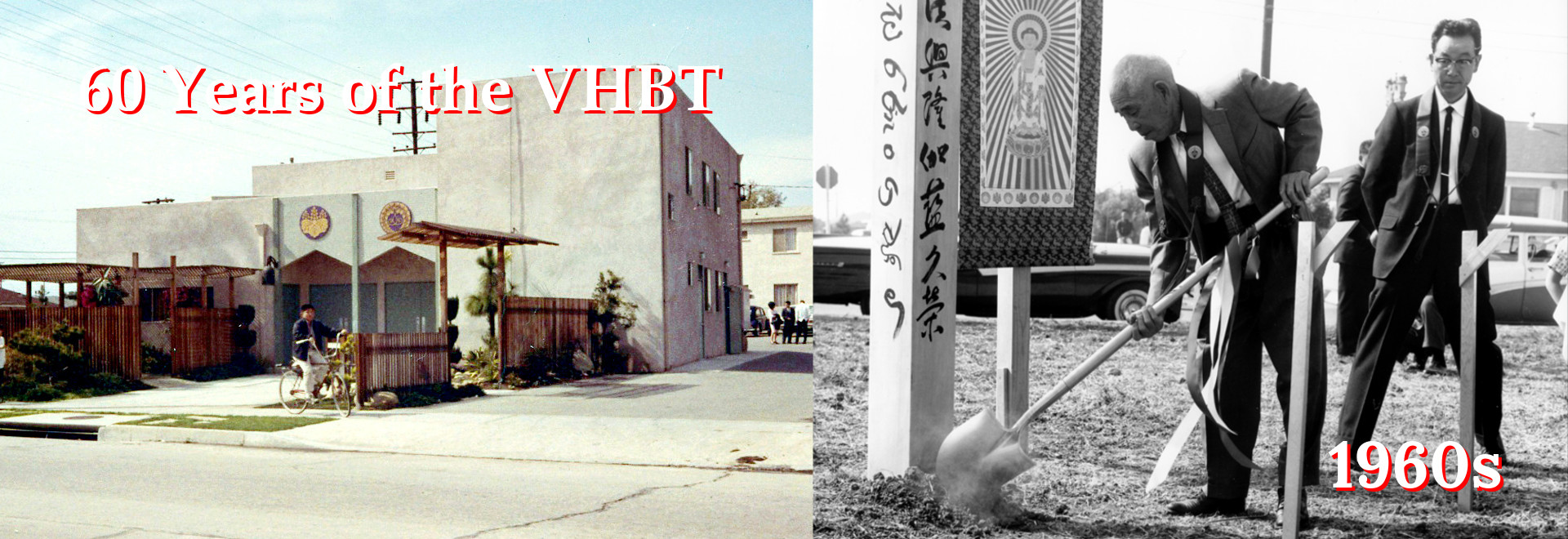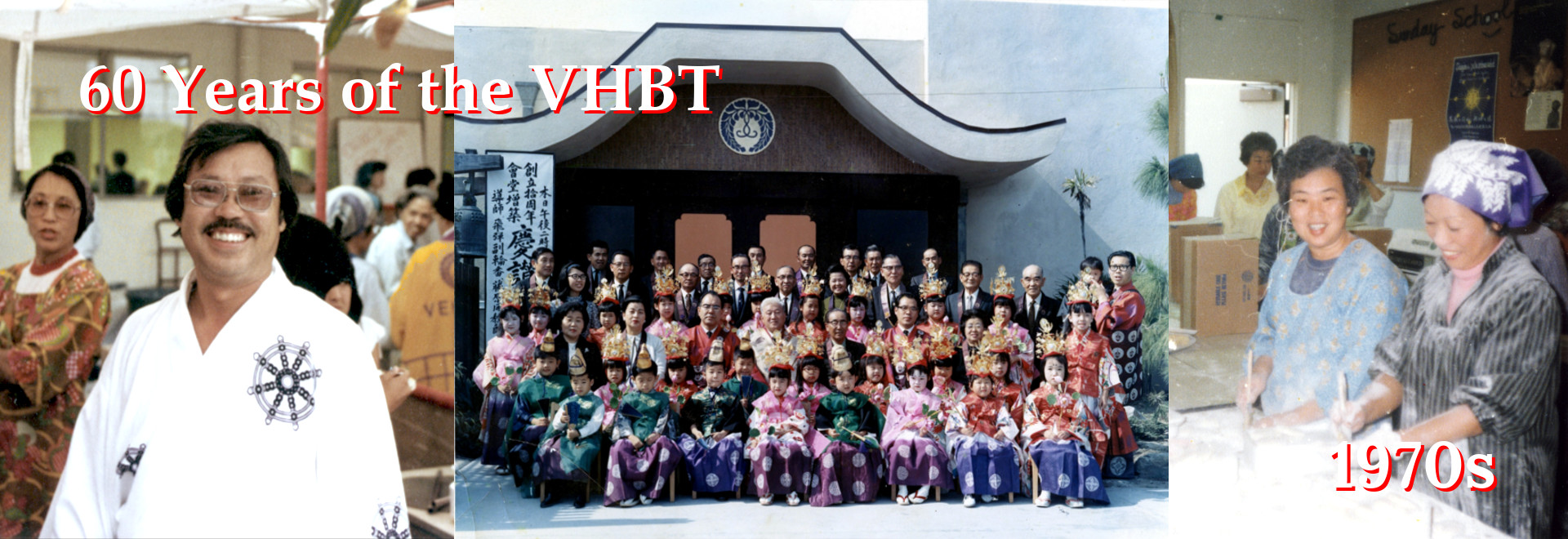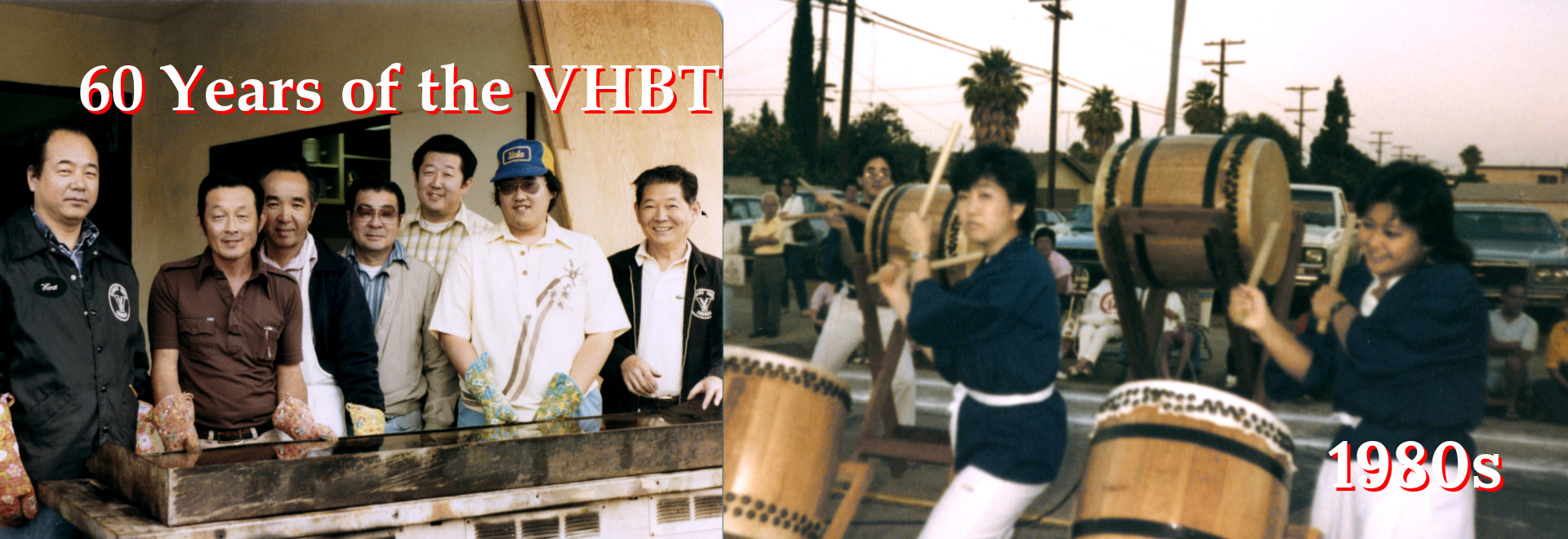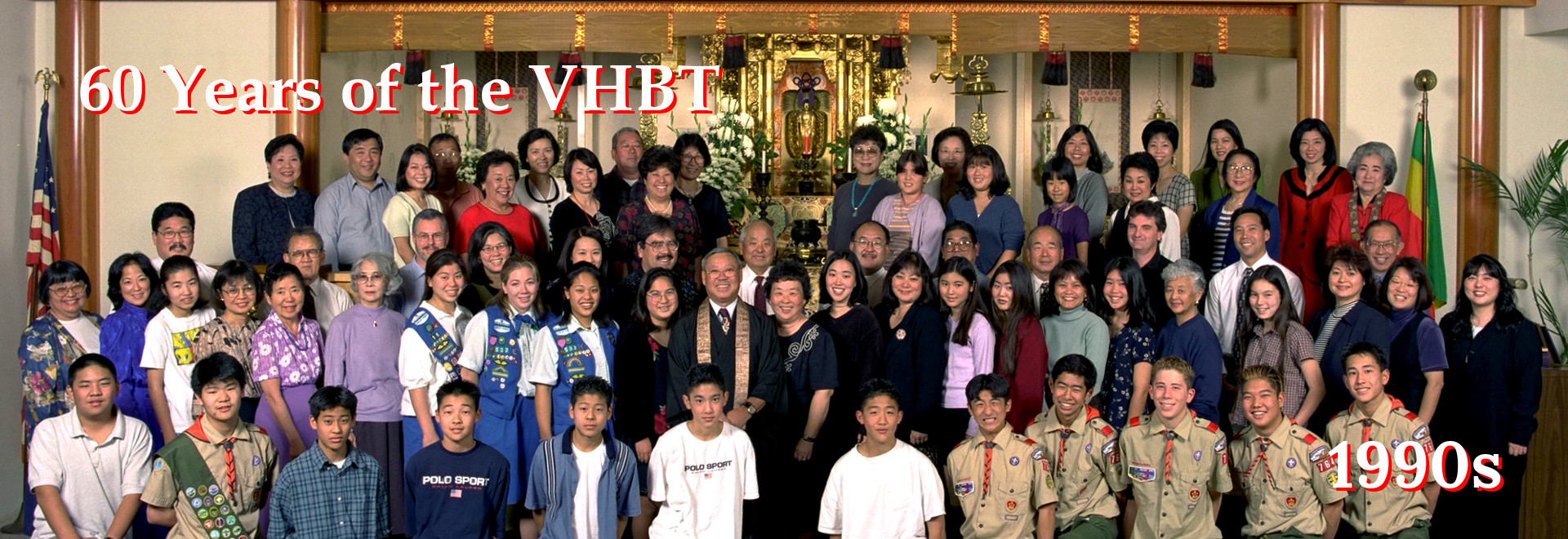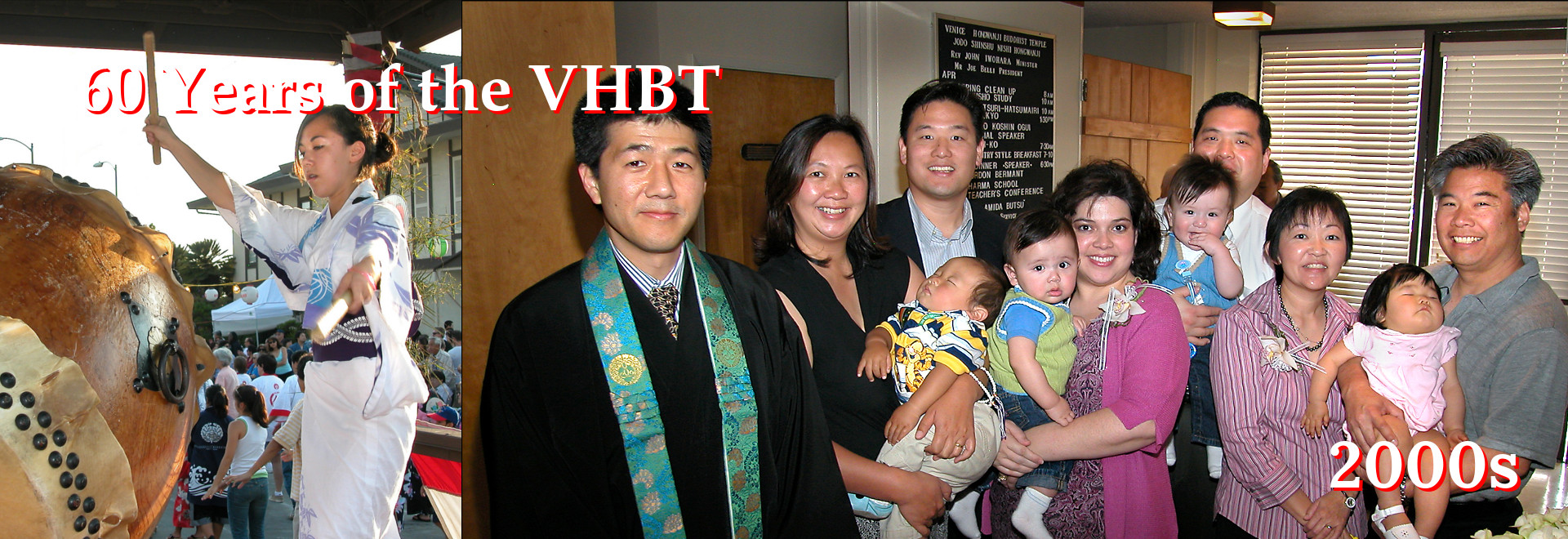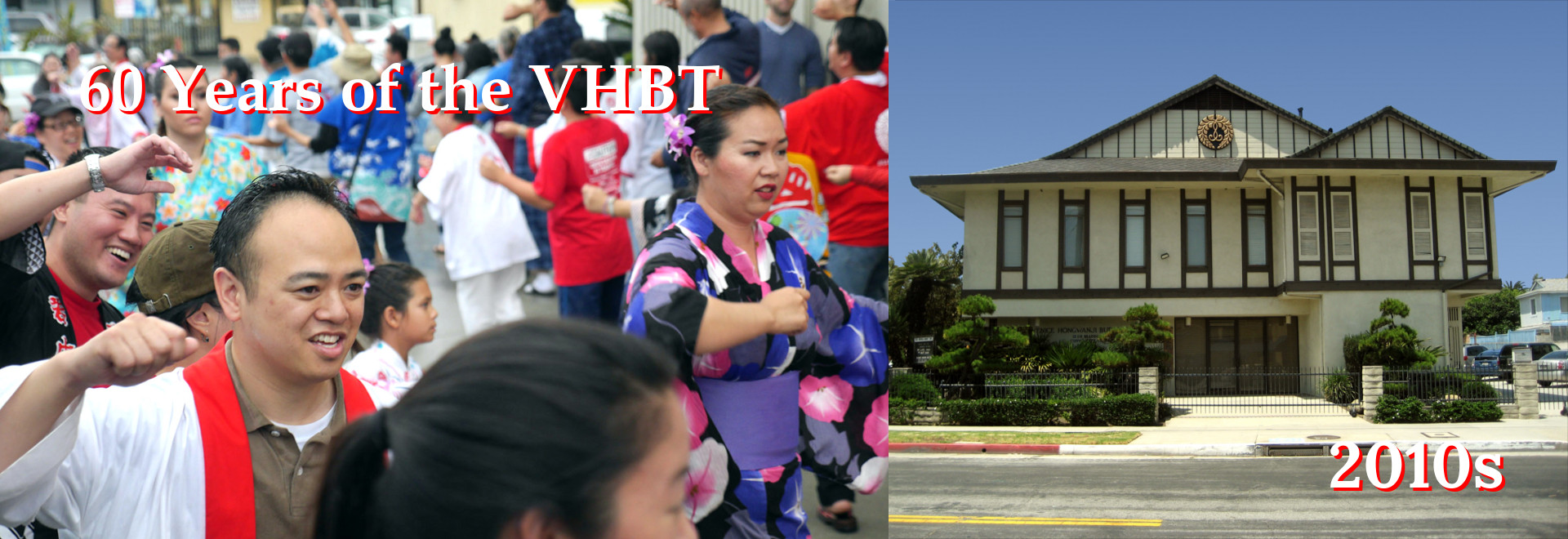The Buddha had an unwavering faith in his fellow human being to do the right thing. Because of this neither did the Buddha threaten, nor did he bribe. Instead, he appealed to the intellect of man. He spoke through and shared the wisdom that he discovered to help all of us to find compassion in our lives. In terms of the Nenbutsu faith, this Wisdom gives us the strength and courage to say, “Thank You.”
It sometimes takes strength and courage to say thank you because sometimes thank you implies that I was not able to do something. In that sense, thank you suggests weakness. Weakness is not something that we as human beings like to show. Part of this is because as human beings we tend to have a certain need to express our superiority. In our taxonomy, for instance, we identify our species as homo-sapien-sapien. “Homo” comes from the family name Hominidae. Although the family Hominidae now includes the great apes, originally it only included ourselves and our extinct forebears. The great apes were placed in their own Pongidae family. Whereas we are better able now to see our close relationship to other primates than we were before, we still distinguish ourselves by calling our particular species “sapien” or wise. We further distinguish ourselves by categorizing our particular sub-species as “sapien.” In other words, we refer to ourselves as “the wise, wise hominidae.” Can we blame ourselves for this egoism? We have, after all, created tools that have enabled us to communicate from practically any part of the world. We are even able to begin our reach towards the heavens and stars. Perhaps there is merit to referring to ourselves as the wise, wise hominidea.
Despite this, however, there are many things that we cannot do. Many things are done for us by those species we would consider “inferior” if we even consider making the comparison. We could not, for example, breath air if not for the lowly plant life that covers our planet. Many of us would feel a sense of deep and complete loneliness if not for our dogs and cats. Would it be beneath us, the homo-sapien-sapien to express our gratitude to these lowly beings? Would it be a sign of weakness? The Buddha, through the Nenbutsu, through Namo Amida Butsu, would share with us the wisdom to be able to answer, “No, it is not.” We are, moreover, helped to have the insight to know that instead of being “weak” we have the strength and courage to share, to receive, and to express our gratitude. We can say, “Thank You.” We can utter, Namo Amida Butsu. It is perhaps being able to perform these acts of kindness that is the real reason we might call ourselves wise.
Rev. John Iwohara
November, 2013
